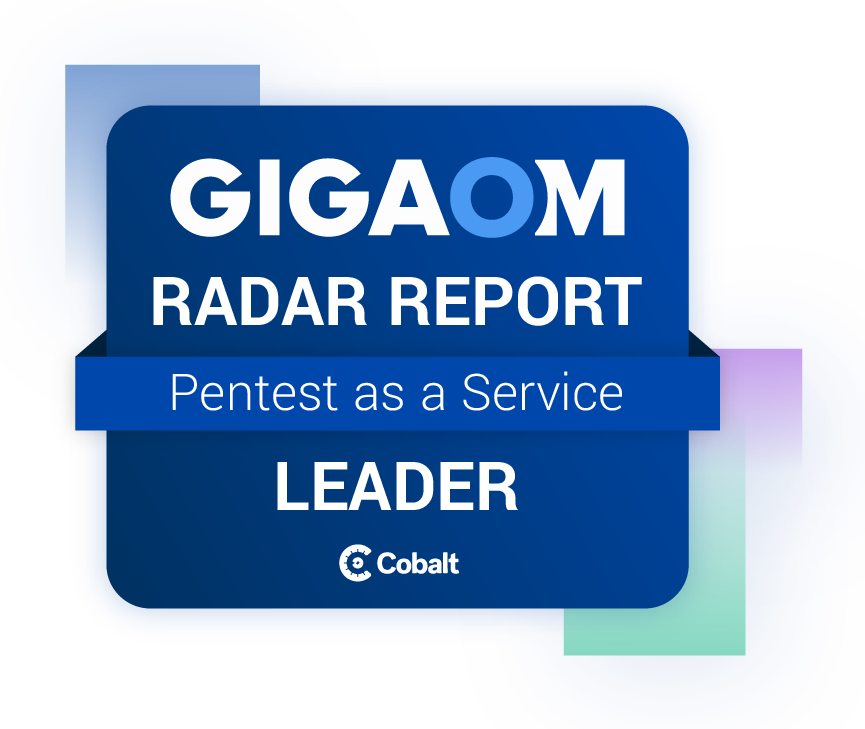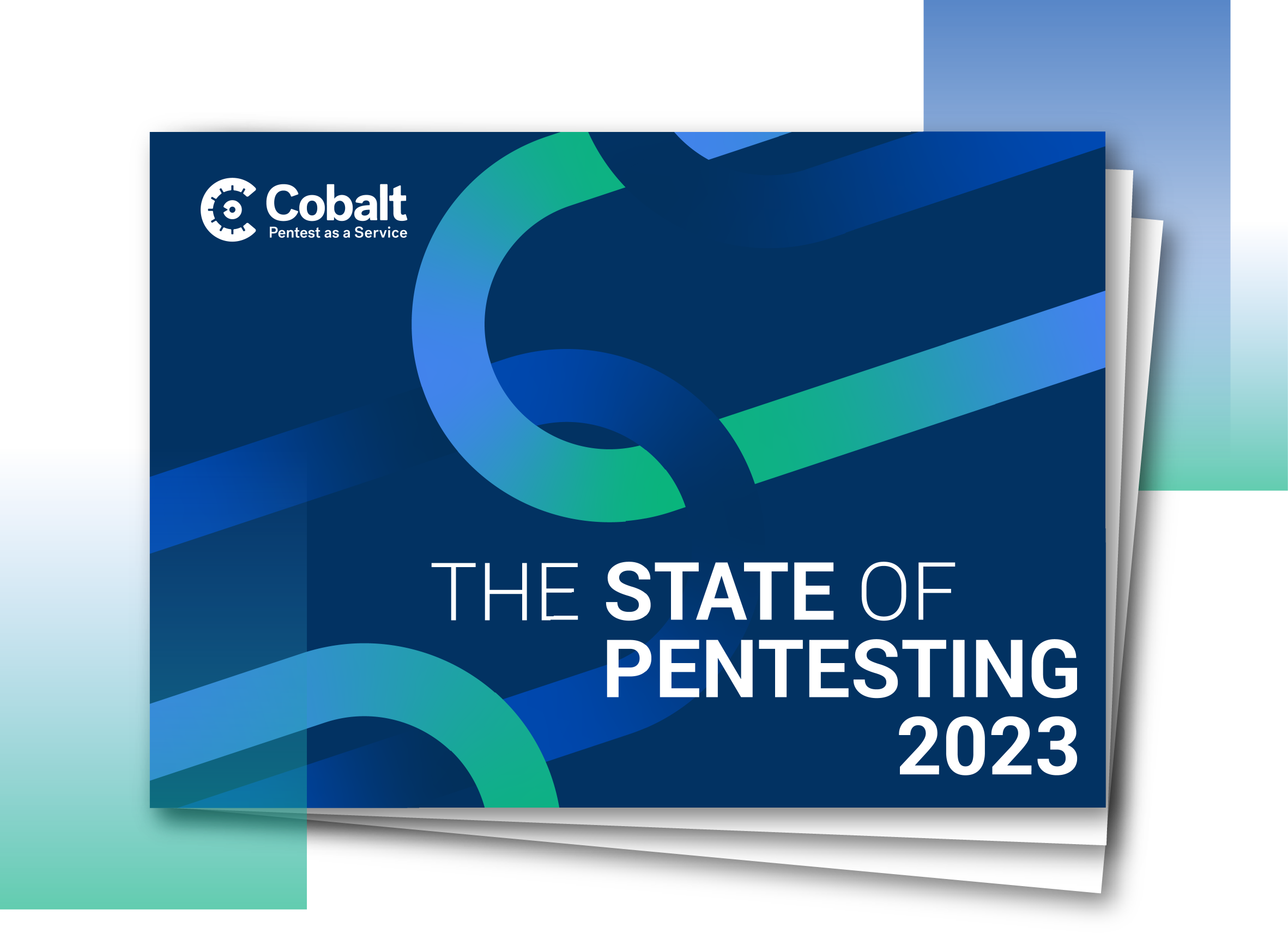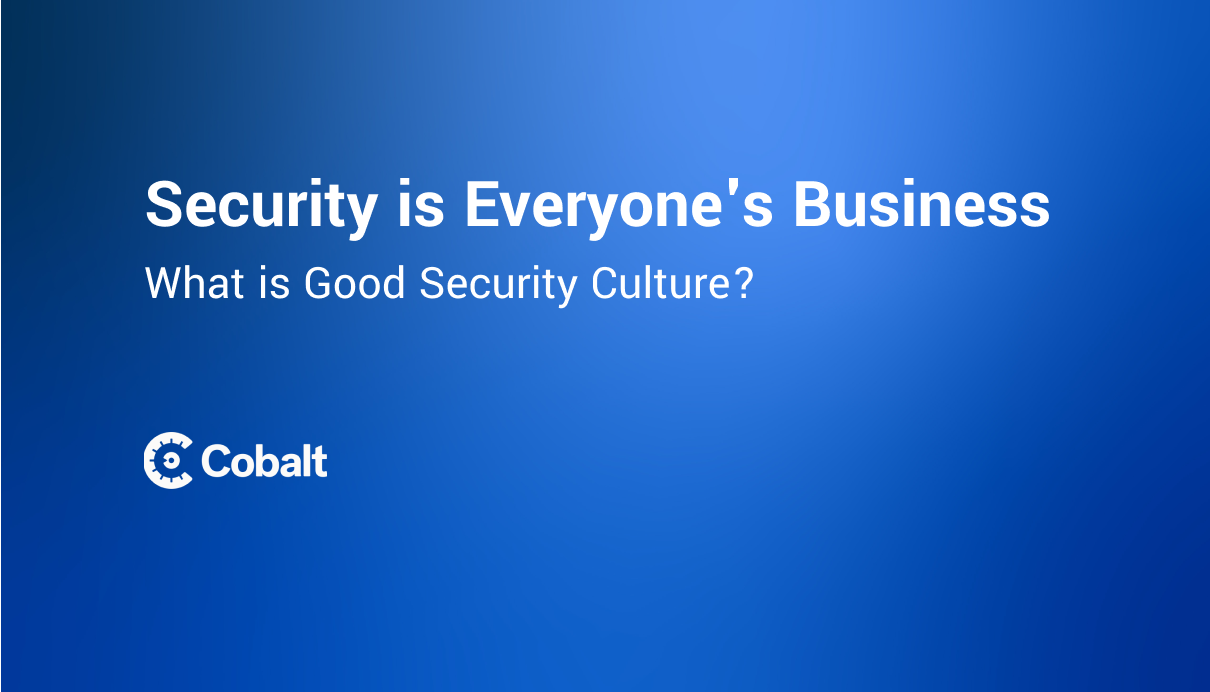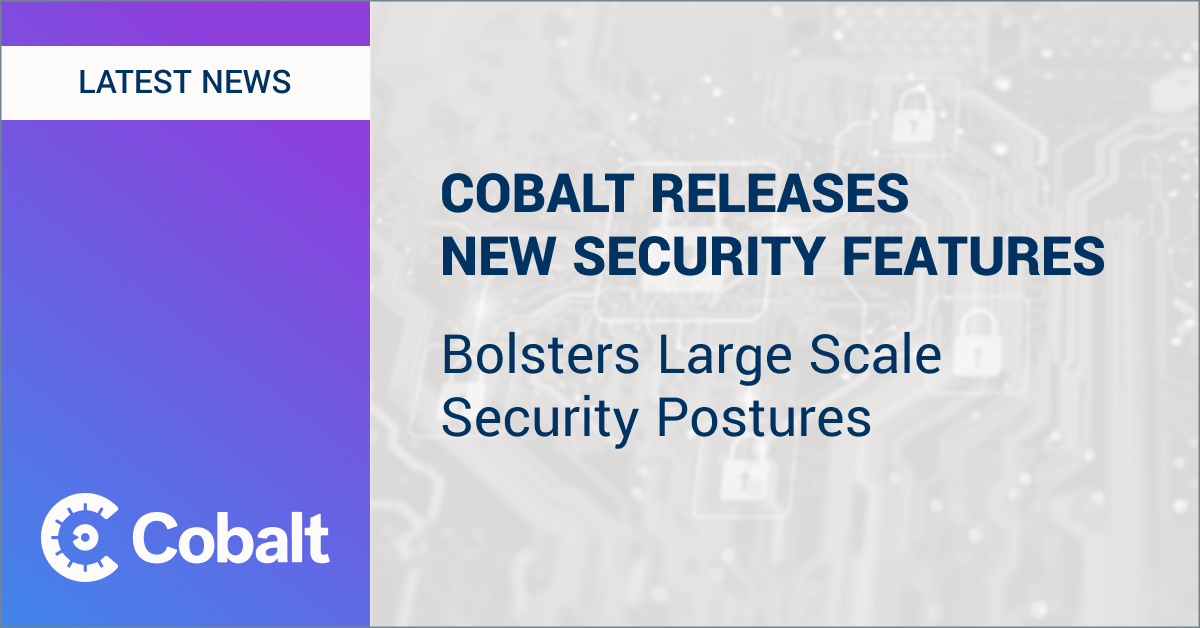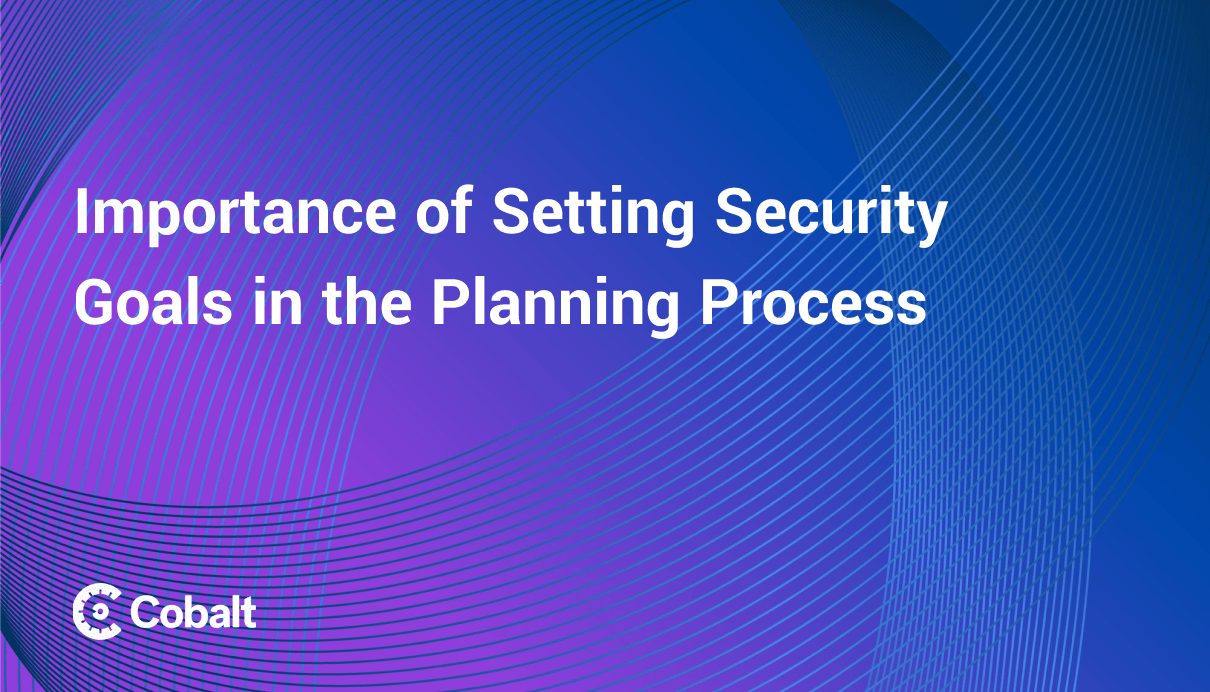The pandemic accelerated the digital transformation of businesses worldwide. Suddenly, departments that traditionally functioned offline were forced to rapidly transition to a digital-first approach.
But this shift to online operations came with a caveat: an increased vulnerability to cyber threats.
Security is Everyone’s Business
Each software, application, or platform we incorporate into our processes carries its own set of vulnerabilities. This risk intensifies when collaborating with external partners or vendors that store your data.
Once you’re connected, it’s an even bigger responsibility to ensure your data is secure since one weak link in the interconnected chain can compromise all those tethered to it. These scenarios highlight the importance of robust security measures, not just as a precaution but as an integral part of business operations.
Embracing a culture where quality security is a core company value can mean the difference between preventing potential breaches and facing serious reputational and financial repercussions. This isn't just about erecting firewalls or running regular system checks but making security an inherent organizational value. When you do, data protection isn't just an IT department's responsibility, it's a collective endeavor.
Invest in Security Now, Don’t Pay for It Later
IBM's annual Cost of a Data Breach report found that the global average cost of a data breach in 2023 is $4.45 million, representing a 15% increase over the last three years.
Over two-thirds of these breaches involved data stored in the cloud, with those spanning multiple environments costing a hefty average of $4.75 million. Now, over half (51%) of organizations are planning to increase security investments as a result of a breach. This includes incident response (IR) planning and testing, employee training, and threat detection and response tools.
The report also found that it pays to invest in security.
Only one-third of companies identified data breaches through their internal security teams, underscoring a pressing need for enhanced threat detection. When breaches were disclosed by attackers, the financial burden was almost $1 million more than when detected internally. Furthermore, organizations that chose not to involve law enforcement in ransomware attacks bore additional costs of $470,000, making the aftermath of such incidents even more punitive.
By investing in cybersecurity proactively, organizations can prevent the immense costs (including legal fees and remediation expenses) associated with data breaches. But these costs aren't just monetary. They encompass reputation damage and potential loss of customer trust. In the healthcare sector, for example, a breach can lead to regulatory fines and even endanger patient safety.
It's more economical and strategic to allocate resources towards robust cybersecurity measures now rather than dealing with the aftermath of a breach. In a rapidly digitizing world, taking preventive measures ensures not just data safety but also fortifies an organization's standing in the eyes of stakeholders, clients, and partners.
Focus on Awareness
A well-informed and vigilant workforce–including those working remotely–serves as a formidable frontline defense. The most sophisticated security software can be compromised if an employee, unaware of current cyber threats, makes an inadvertent mistake.
Continuous education is vital to fostering a robust cybersecurity culture.
Organizations must prioritize regular training sessions that address evolving threats. These might encompass learning how to identify phishing attempts, understanding the risks of unsecured Wi-Fi networks, or discerning suspicious downloads. As cyber threats adapt, so too should the content of these training initiatives.
Organizations may also consider running simulated cyberattacks to gauge how staff would respond in real-time situations.
One effective method to evaluate employee readiness is through penetration testing or "pentesting." These mock attacks not only assess the current state of preparedness but also spotlight areas that need further attention or training.
Quick breach detection can significantly mitigate potential damage. If, for example, a team member can promptly identify and report a suspicious email, it could stymie a broader phishing attempt, safeguarding organizational assets. Cultivating an environment where employees can freely report potential threats without fear boosts this rapid response capability. Early reporting translates to early detection, and in the cyber realm, time is often of the essence.
Build Trust with Your Customers Every Step of the Way
Customers entrust companies with their personal and often sensitive data. So, earning and maintaining customer trust requires demonstrating a consistent commitment to safeguarding their data and respecting their privacy.
Prioritizing strong cybersecurity measures sends a clear message: "We value and protect your data as if it's our own." The early stages of a business relationship are crucial in building trust. This is when it's imperative for companies to proactively communicate their cybersecurity measures to customers.
Building trust with your customers could involve:
- Sharing relevant industry-standard certifications
- Offering insights into security protocols without jeopardizing them
- Providing references from other satisfied clients who've benefited from the organization's secure services.
When customers are given tangible proof of an organization's commitment to cybersecurity from the outset, it instills a greater sense of confidence and lays a solid foundation of trust.
Of course, consistently meeting expectations and staying true to commitments is vital. Each time a company does what it says it will, it fortifies the trust it's building with its customers.
Since customers are more informed than ever about the digital realm, they appreciate and often expect transparency about how their data is stored, processed, and protected. By openly communicating data handling practices and promptly addressing any concerns, companies can foster deeper trust.
Create Strong Security Policies and Secure Development Lifecycle
A company's security policies and the Secure Software Development Lifecycle (SDLC) define how an organization prioritizes and approaches security throughout its operations and product or service development.
Understanding Security Policies
Security policies serve as the cornerstone of a company’s approach to cybersecurity. These well-documented standards and guidelines define roles, responsibilities, and procedures that every employee, from C-suite executives to interns, should follow.
By creating a comprehensive security policy, organizations ensure that everyone is on the same page regarding cybersecurity expectations and best practices. Regular reviews and updates of these policies ensure they remain relevant in the face of evolving threats. A strong security policy also helps reinforce the culture of security within an organization.
Embracing Secure Development Lifecycle (SDLC)
The importance of SDLC cannot be stressed enough when it comes to a company's software solutions. SDLC is an industry-standard approach for integrating security measures right from the inception of a product or service throughout its design, development, and deployment.
Instead of retrofitting security as an afterthought, SDLC emphasizes "baking in" security from the start. This means conducting threat modeling in the design phase, adhering to secure coding practices during development, performing regular penetration tests, and ensuring patches and updates are rolled out efficiently once the product is live.
Incorporating SDLC not only ensures a robust defense against potential cyber threats but also demonstrates a company's commitment to its security culture. This proactive approach can significantly reduce vulnerabilities, ensure quicker time-to-market for products, and cement the organization's reputation for prioritizing security.
Reward & Recognize Your Company’s Cybersecurity Champions
Creating a company culture for security requires understanding that cybersecurity isn’t just a one-off task but an ongoing responsibility. It's also a blend of technology, processes, policies, and—most importantly—people.
Every employee, regardless of their role or rank, forms a crucial piece of the security puzzle. From the IT specialist who monitors for unusual activity to the new intern who double-checks an email link, a good security culture is fostered by everyone.
Pentesting plays a powerful role in testing, evaluating, and refining a company's defenses. It answers the essential question: "When faced with a real threat, how well will we fare?"
Cobalt's pentesting services elevates this paradigm by providing businesses with insights into their most critical vulnerabilities, ensuring that security measures aren't just about having protocols but making sure they work effectively.
As we march towards an even more interconnected future, businesses need to recognize and reward their cybersecurity champions—those who form the frontline defense against potential breaches.
In essence, creating a company culture for security isn’t a luxury—it’s a necessity.
As cyber threats grow in complexity, fostering a strong security culture becomes not just about risk management but about trust management.
Explore how Cobalt's pentesting can amplify your organization's security culture and trust quotient. Dive deep into a world where security isn't just a protocol but a culture. Discover Cobalt's Penetration Testing services today.









